The 20th Shangri-La Dialogue (also known as the Asia Regional Security Summit) was held for 3 days, starting from June 2 at the Shangri-La Hotel in Singapore.
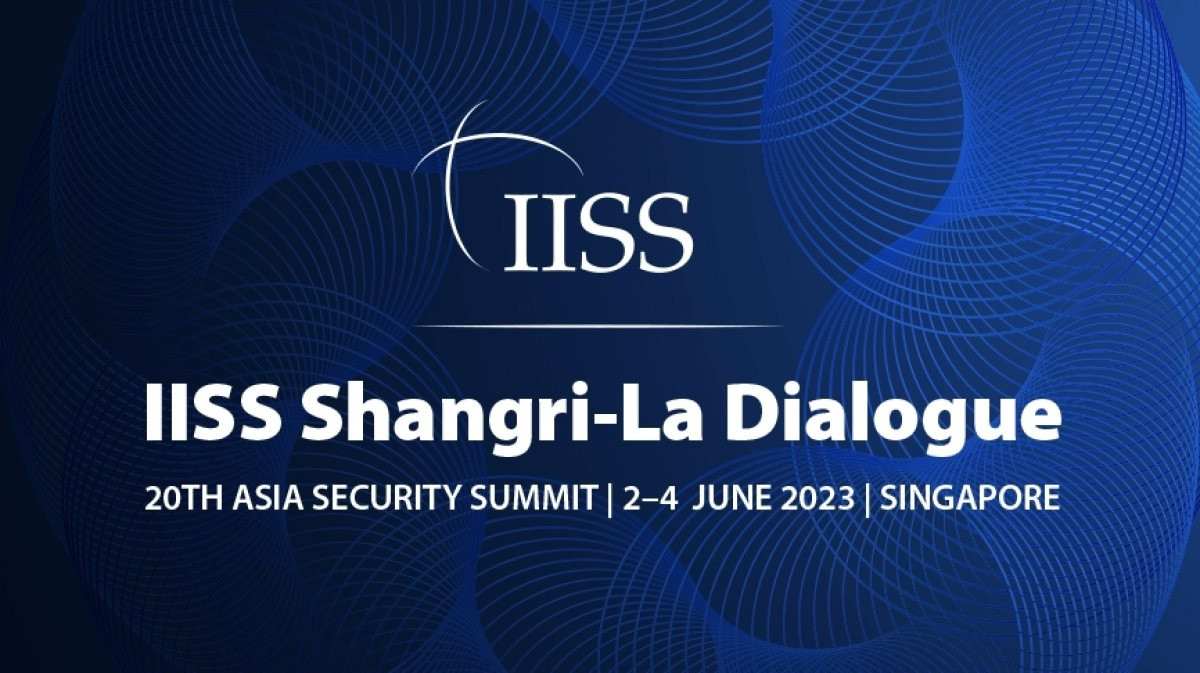
In celebration of its 20th anniversary, this year’s Dialogue will feature an expanded agenda, enhancing interaction between speakers and participants. The Organizing Committee also expects to welcome more than 550 delegates, including senior government officials, armed forces, scholars, researchers and business people from over 40 countries and territories around the world.
Messages from the conference and cooperation initiatives between countries will be shared at this leading regional security forum.
Key content
The number of more than 500 delegates attending, along with a dense agenda, with 7 plenary sessions, 6 parallel discussion sessions and many bilateral meetings on the sidelines, shows that Asia-Pacific is increasingly attracting the world's attention. On the other hand, this also shows that many emerging issues are affecting the regional security situation. These are the issues of competition between major countries; compliance with international law; the use of military force in handling issues between major powers and between major powers and countries in the region; territorial disputes; the environment or new issues about future wars.
Therefore, this year's Shangri-La Dialogue's theme is very broad, ranging from the US leadership role in the Indo-Pacific region; building a balanced and stable Asia-Pacific region; resolving regional tensions; emerging maritime security order in Asia; China's new security initiatives to new partnerships for Asia-Pacific security and developing forms of security cooperation. The Shangri-La Dialogue is considered a World Economic Forum in the field of national security and defense, and the international community expects that through the dialogue, solutions can be found for a number of prominent international issues such as tensions between the US and China. Analysts are waiting for the appearance of three figures: Australian Prime Minister Anthony Albanese - the keynote speaker of this year's Dialogue, US Secretary of Defense Lloyd Austin and his Chinese counterpart Li Shangfu.
For Prime Minister Anthony Albanese, this will be his first time attending the Shangri-La Dialogue as head of the Australian government. As the keynote speaker, Mr. Albanese’s speech will be highly anticipated as it will outline Australia’s vision for a “stable, peaceful, resilient and prosperous” Asia-Pacific, as well as his views on how to address regional and global security challenges. It can be said that the message from the Australian leader’s remarkable speech will be an important orientation for the discussion sessions of the 20th Shangri-La Dialogue.
China refuses dialogue with US representatives
As in previous meetings, the security relationship between the United States and China continues to attract attention at this year’s Shangri-La Dialogue. The two countries’ top defense officials are expected to continue to present competing visions of regional security. While Secretary of Defense Lloyd Austin will promote a “shared vision of a free and open Indo-Pacific region with ASEAN at its center,” Defense Minister Li Shangfu will also highlight the “China New Security Initiative,” which he sees as an approach to enhancing shared security in Asia and globally.
Regarding the possibility of a sideline meeting between Defense Secretary Lloyd Austin and Defense Minister Li Shangfu, it is worth recalling that last year's Shangri-La Dialogue saw the first bilateral meeting between then-Chinese Defense Minister Wei Fenghe and U.S. Defense Secretary Lloyd Austin, raising hopes for a new military dialogue between the two powers.
However, these hopes appear to have been met with little success over the past 12 months. Instead, Sino-US relations have deteriorated, reaching a new low after former House Speaker Nancy Pelosi visited Taiwan last August. China subsequently suspended some military-to-military communications, which have yet to be fully restored. In addition, the fact that Defense Minister Li Shangfu is now on the US sanctions list has also dimmed the prospects for a new high-level military dialogue between China and the US . According to information recently released by the US, China has rejected the possibility of a meeting between senior defense officials of the two countries within the framework of this year's Shangri-La Dialogue - something that observers fear could be a sign that US-China relations will continue to witness new storms in the coming time.
However, there have been signs of improvement in relations between the two countries in recent weeks, especially after a meeting between US National Security Advisor Jake Sullivan and Director of the Office of the Foreign Affairs Commission of the Communist Party of China, Wang Yi. Several other meetings are also said to be planned and there is even a possibility of a meeting between President Joe Biden and President Xi Jinping at the G20 Summit in September and at the Asia-Pacific Economic Cooperation Summit in November. This is also the reason why many participants at the Shangri-La Dialogue hope that there can still be modest improvements between the two countries in the defense and military fields.
Interest from other regions
It can be said that with a population accounting for 60% of the world, Asia - Pacific is forecast to be the region contributing the most to global growth in the next 30 years. Therefore, strategic competition between major countries to increase influence, enhance position and prestige is increasingly fierce, forcing countries to change their strategies to ensure their interests in this important region.
Some countries and regional organizations, especially major countries, have adjusted their foreign policies towards strengthening and expanding cooperative relations, aiming to realize national and ethnic interests, and establish an advantageous position in the evolving regional situation. Many members of NATO and the European Union are also eager to play an active role in regional security and defense issues.
This year’s Shangri-La Dialogue is therefore also seen as an opportunity for European security leaders to deliver key messages regarding the next steps in their approach to Indo-Pacific defense. India is no exception, choosing a “Look East” policy with many economic and security activities in this increasingly important geostrategic region. However, it is clear that the attention of external powers to Asia, although bringing many opportunities for this dynamic continent, cannot avoid the potential risks and challenges, forcing countries in the region to work together to build trust, cooperation and make substantial efforts for a stable and developed Asia-Pacific.
Source



![[Photo] Prime Minister Pham Minh Chinh meets with King Philippe of Belgium](https://vstatic.vietnam.vn/vietnam/resource/IMAGE/2025/4/1/be2f9ad3b17843b9b8f8dee6f2d227e7)
![[Photo] President Luong Cuong and King Philippe of Belgium visit Thang Long Imperial Citadel](https://vstatic.vietnam.vn/vietnam/resource/IMAGE/2025/4/1/cb080a6652f84a1291edc3d2ee50f631)
![[Photo] General Secretary To Lam receives King Philippe of Belgium](https://vstatic.vietnam.vn/vietnam/resource/IMAGE/2025/4/1/e5963137a0c9428dabb93bdb34b86d7c)
![[Photo] Close-up of Vietnam's sniffer dog team searching for earthquake victims in Myanmar](https://vstatic.vietnam.vn/vietnam/resource/IMAGE/2025/4/1/d4949a0510ba40af93a15359b5450df2)

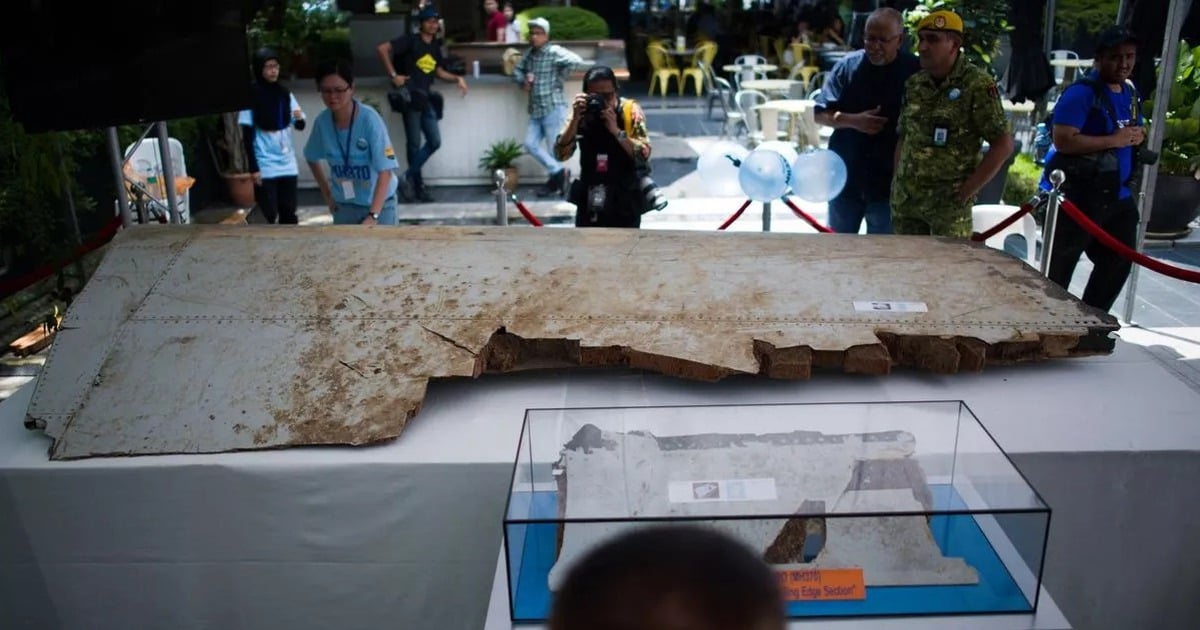


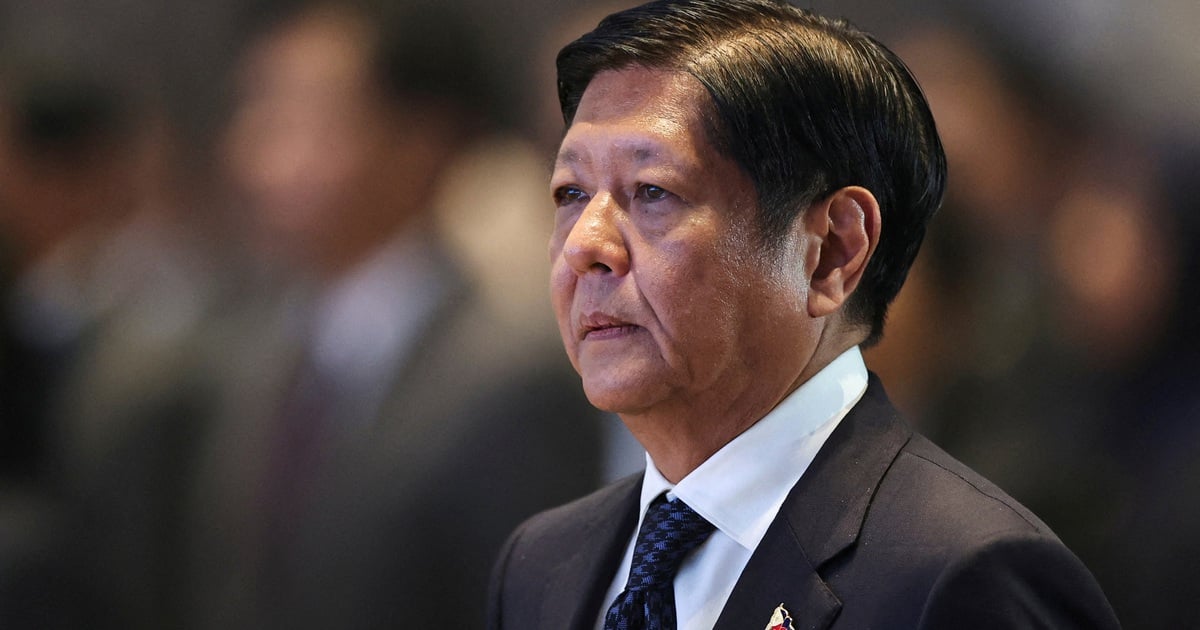
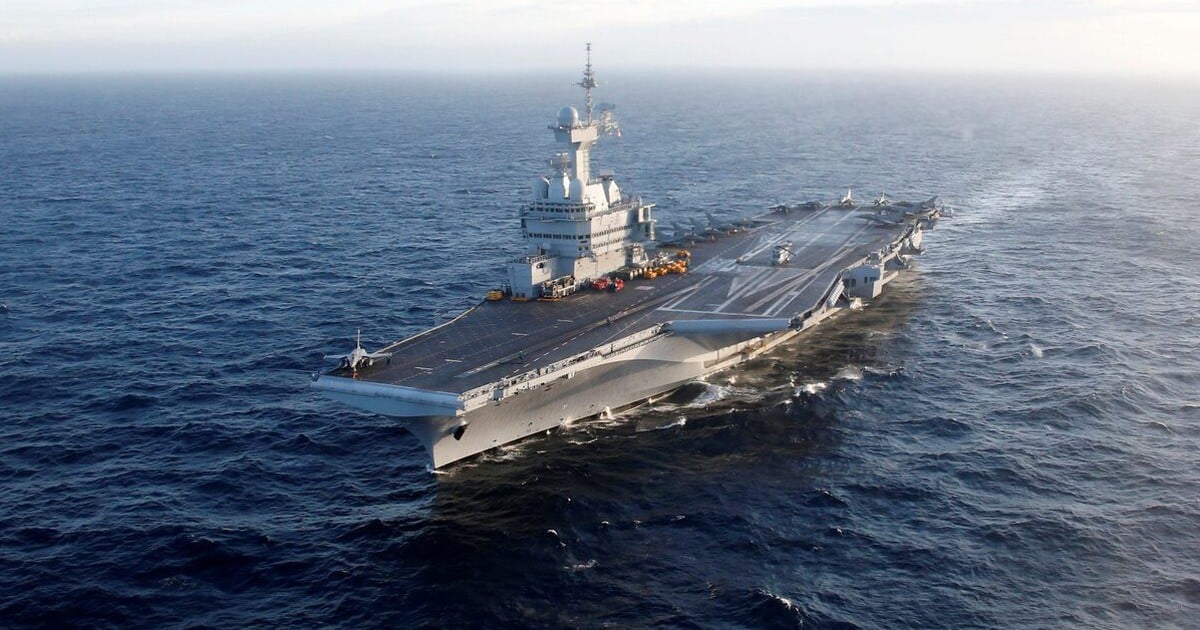


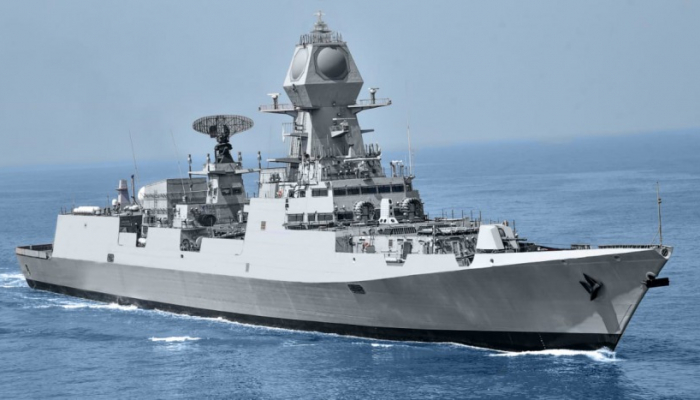

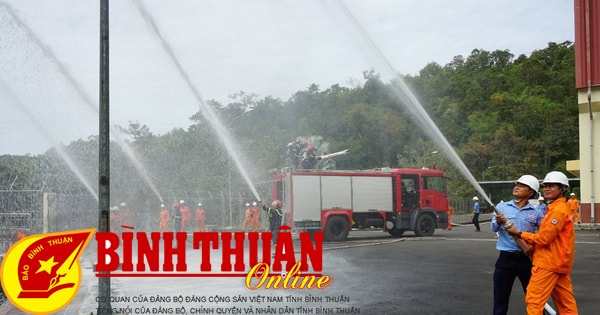
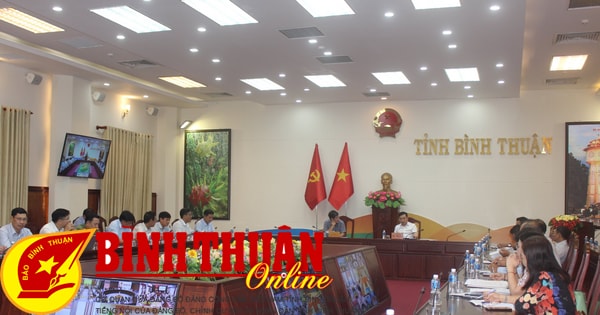
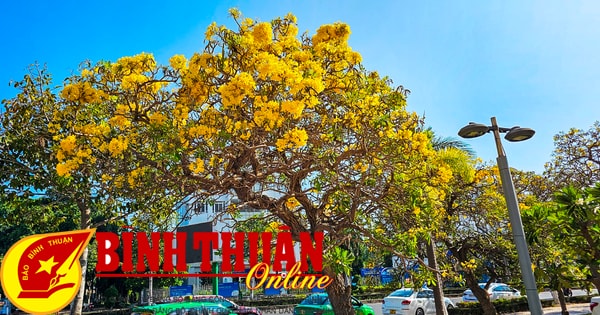

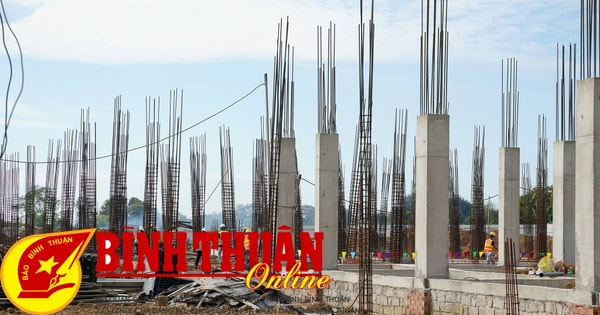
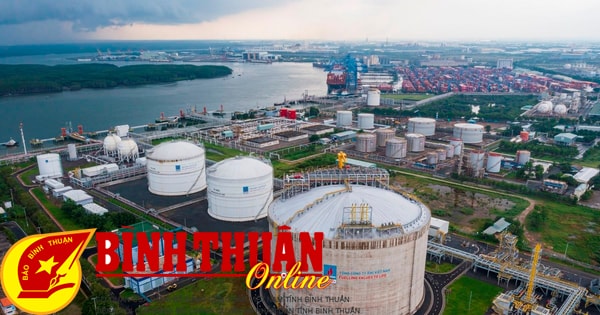




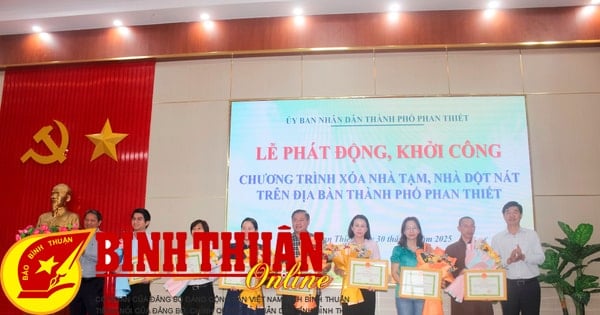
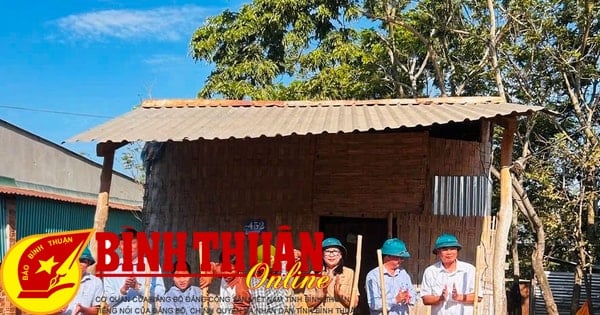
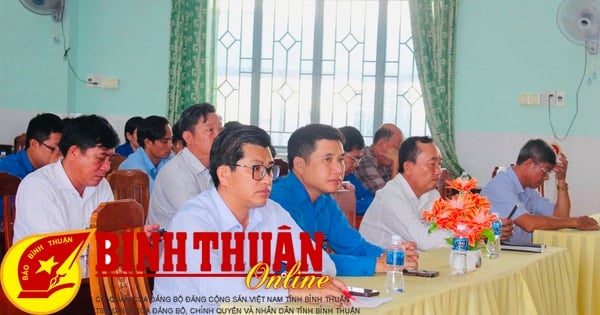
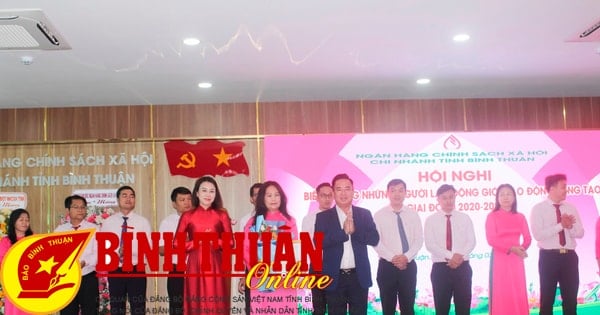

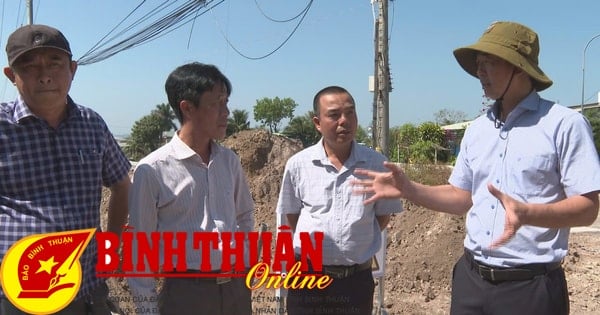
![[Photo] Myanmar's capital in disarray after the great earthquake](https://vstatic.vietnam.vn/vietnam/resource/IMAGE/2025/4/1/7719e43b61ba40f3ac17f5c3c1f03720)












































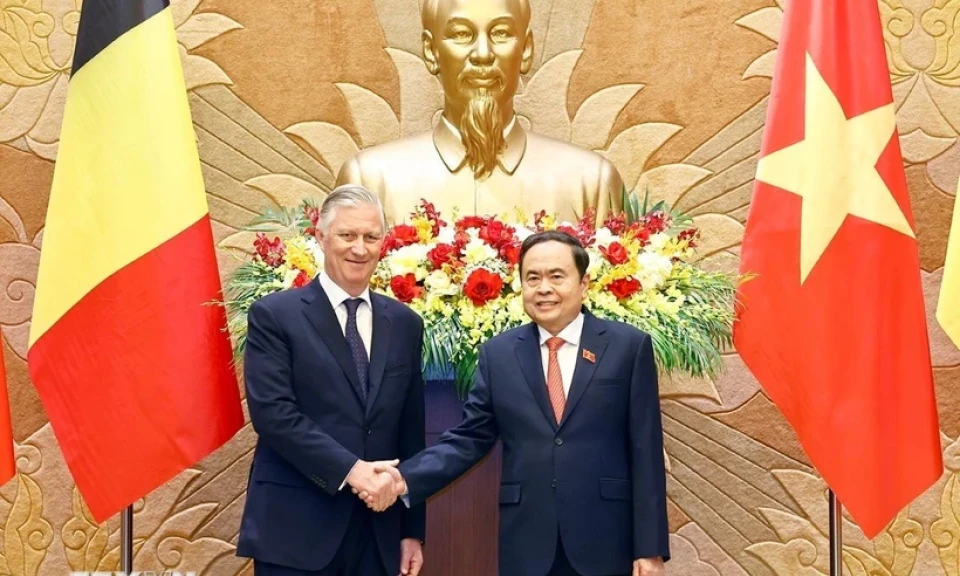
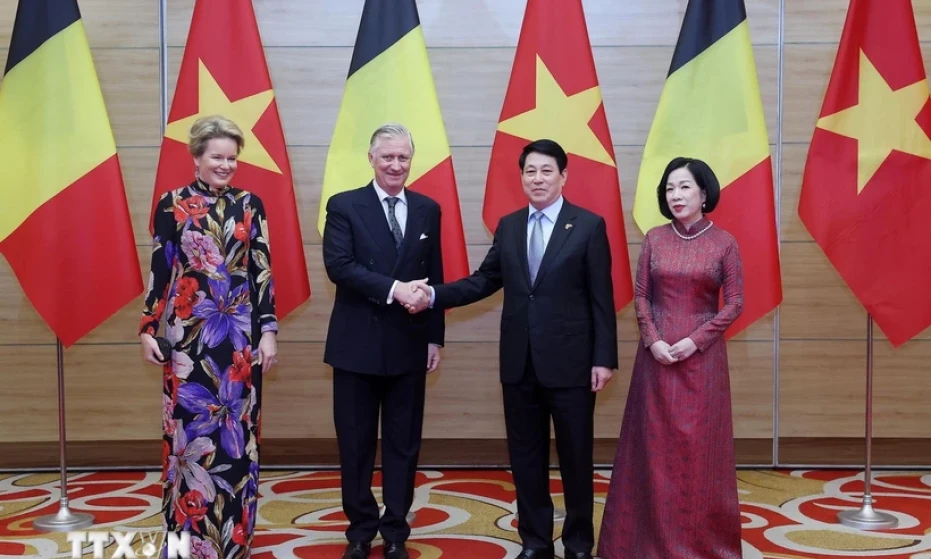



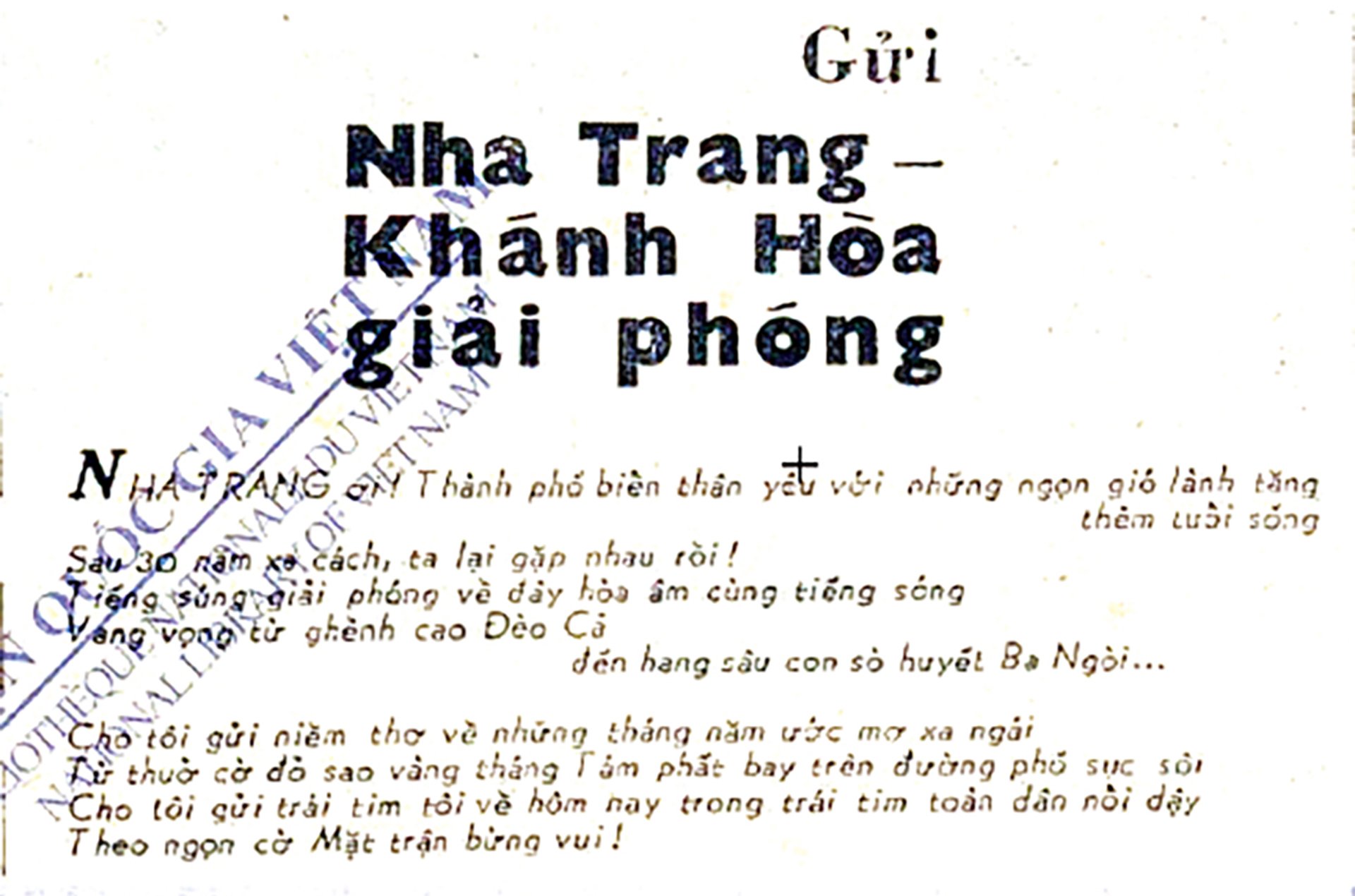













Comment (0)